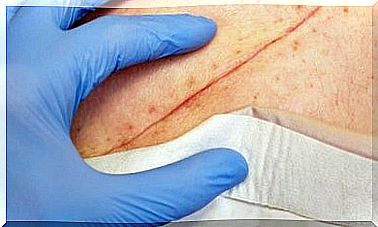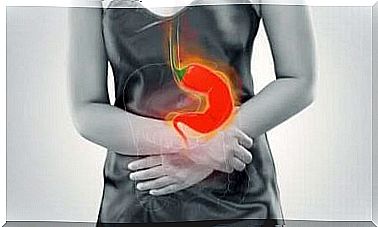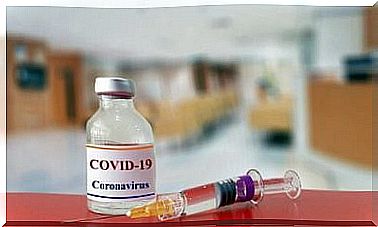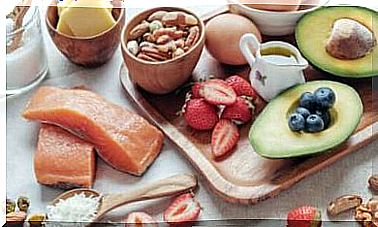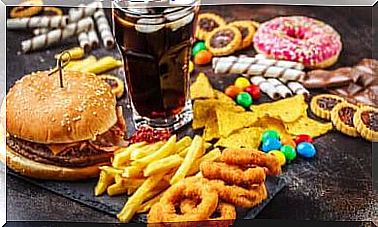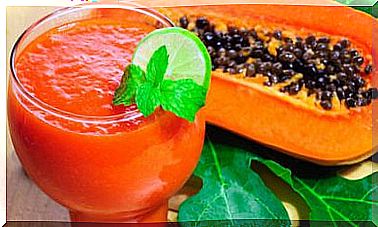Lean Proteins: What Are They And What Are The Benefits?
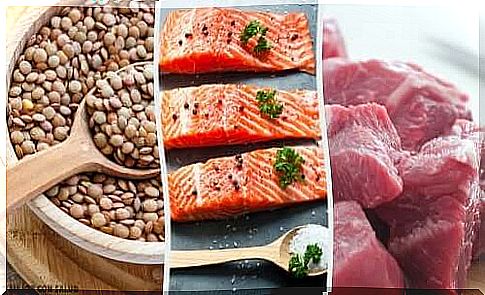
Lean proteins are essential nutrients for the optimal functioning of the body. They are present in all food groups and help increase the body’s energy. In return, they provide a minimal amount of fat. To get an idea: an average ration contains between 50 and 55 calories and only 3 grams of fat.
Protein accounts for between 10% and 35% of the total calorie intake. This equates to approximately 46 grams for women and 56 grams for men.
Starting with these introductory notes, we will explain the benefits of consuming lean proteins for the body. In addition, we will present the foods that contain them and that you should introduce into your diet.
Functions of proteins
Proteins are among the main components of muscle tissues. Their main functions include:
- They carry oxygen and carbon dioxide in the blood;
- They promote the formation of tissues that support and fill the body, such as connective tissue, collagen, elastin and keratin;
- They favor the correct functioning of the immune system, being responsible for the formation of antibodies that act against infections and the action of foreign agents in the body;
- They participate in the formation of gastric juices, hormones, hemoglobin, vitamins and enzymes involved in the chemical reactions of the organism;
- Two of their components, myosin and actin allow muscle contraction which, in turn, allows cell movement.
The importance of eating lean proteins
To the functions just mentioned, lean proteins add others:
- They are indicated in slimming diets due to their high protein content and low amount of fat. They also produce a feeling of satiety (which is very useful in calming the anxiety related to the sense of guilt for binges).
- They help to optimally develop muscle tissue in those who play sports.
- They contribute to the optimal growth of nails and hair, as well as to the overall health of the skin.
- Their consumption ensures a quality energy reserve.
Foods rich in lean proteins
Below you will find the list of foods considered excellent sources of lean protein:
Eggs
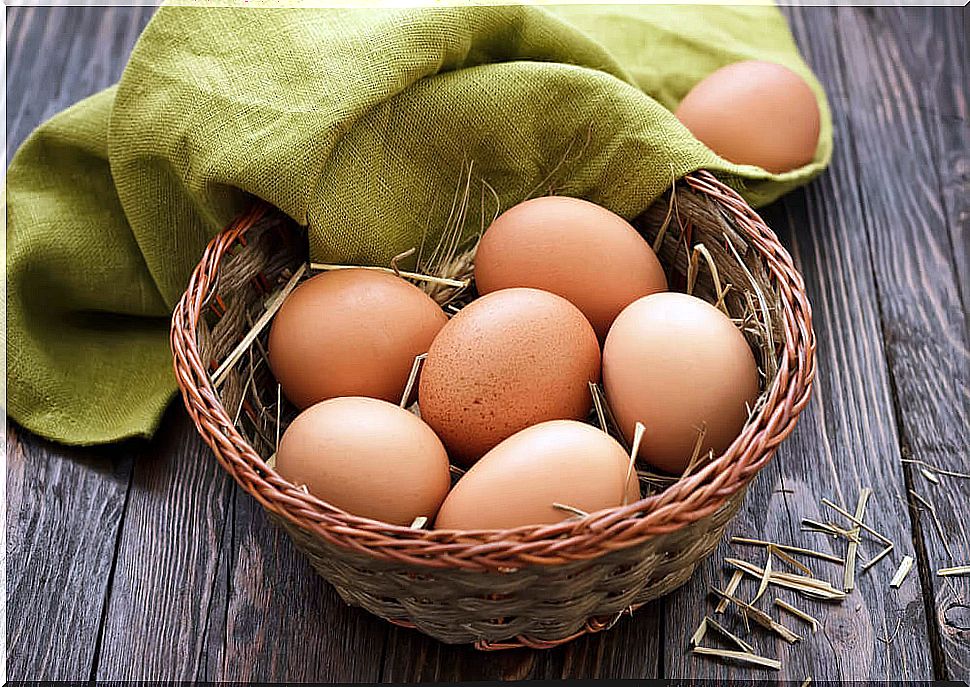
Egg is the richest food in lean proteins par excellence. It also contains minerals, vitamins, healthy fats, antioxidants and essential nutrients for the brain.
It is the only food from which it is possible to completely separate the fat. In this sense, it should be remembered that egg white is the richest part of proteins. In fact, it contains 11% protein and 0% harmful fats.
Take note:
Beef
The cooking method influences the protein intake of food. The preferred option is baking or roasting.
If you use oil for cooking, opt for healthier ones where possible. Coconut, avocado and sesame oils will give the meat a great flavor.
Chicken and turkey, meats rich in lean proteins
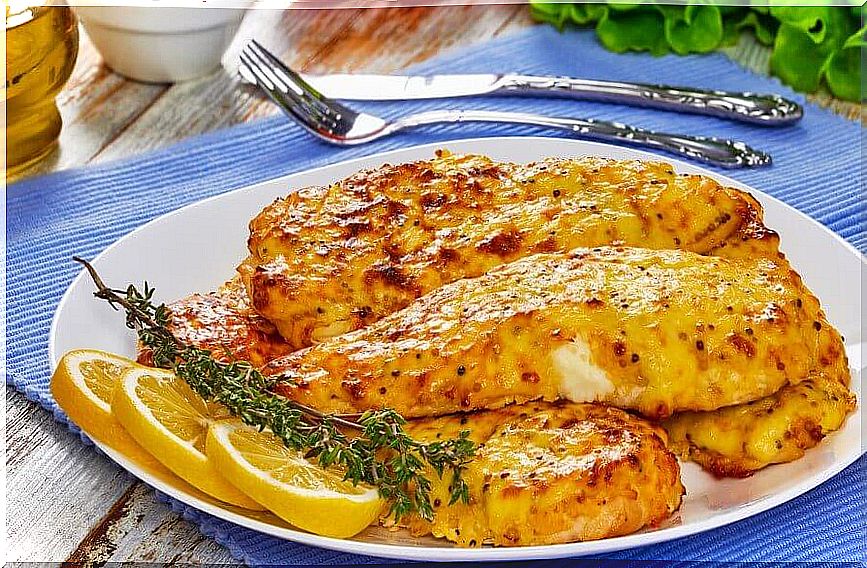
Chicken and turkey contain good amounts of lean protein. Furthermore, they are much healthier than red meat and also very easy to prepare.
Keep in mind that both chicken and turkey contain less purines than red meat. Due to the high content of uric acid, purines trigger some diseases such as arthritis. For this reason, it is advisable to consume red meat in moderation.
Fish and seafood
Both fish and shellfish are rich sources of lean protein. They are healthy and contain high doses of essential nutrients such as omega-3 fatty acids.
- Hake, sole and cod contain between 10% and 20% protein and only 5% fat.
- Tuna, when eaten fresh, provides good quality fats. One serving of tuna contains 30g of protein, 179 calories and only 1% fat or lipid. Of course, we recommend consuming fresh tuna, as canned tuna contains a lot of salt and preservatives.
- Shrimps and scampi are low in calories and extremely rich in omega-3 fatty acids. In addition, they contain nutrients such as selenium and vitamin B12.
Dairy product
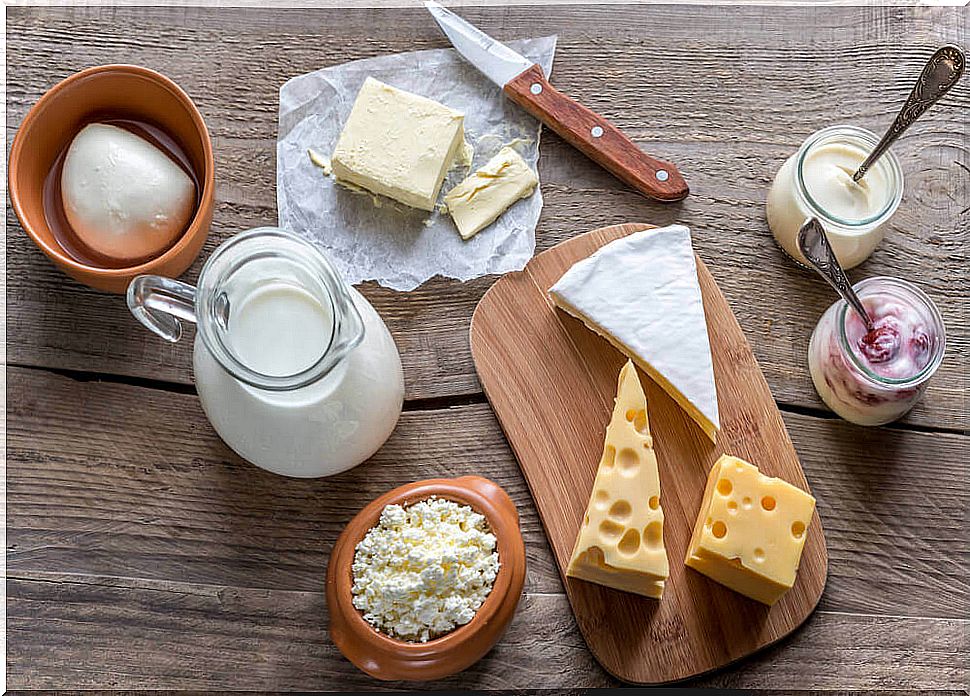
In addition to the high calcium content and low fat content, dairy products are an excellent source of lean protein.
Ricotta is a low-fat cheese that provides animal proteins of great biological value. It provides 12% of proteins and only 4% of lipids. In addition, it is rich in various nutrients. It not only contains calcium, but also selenium, phosphorus, vitamins B2 and B12.
Lentils, the legumes richest in lean proteins
Lentils are rich in fiber, potassium, magnesium, folic acid, iron, manganese, copper.
Combined with cereals such as rice, you will get a portion rich in vegetable proteins and essential amino acids, but low in fat.
Those who want to reduce their consumption of meat must at the same time increase their consumption of vegetable proteins, present in various foods such as lentils. It is good to remember, however, that to get the same amount of protein obtained with meat, you will have to consume many lentils.
Do you consume enough lean protein in your diet? What food sources do you get them from?
